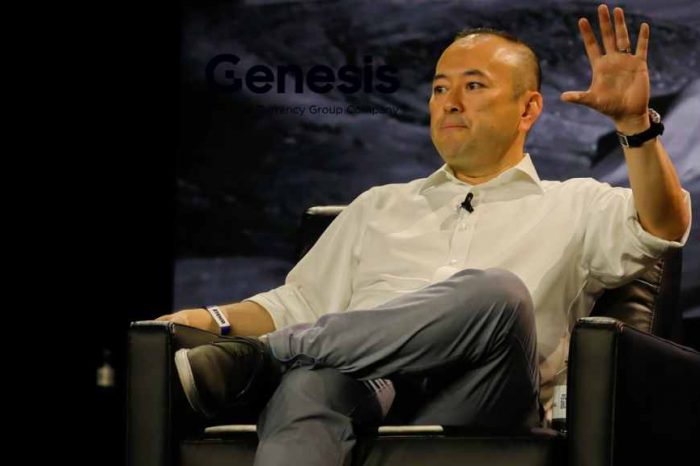Peter Thiel backs a $23 million investment in TreeCard, a fintech startup that plants trees every time you spend

Over the years, there’s been an increase in climate change awareness as governments and organizations put in place various measures to address global warming and the ongoing climate crisis. One of the ways to reduce climate change is through forestation.
Forests are a great way to absorb carbon dioxide (CO2). Every year, forests together absorb around 2.6 billion tons of carbon dioxide, or about a third of humanity’s CO2 emissions annually. That’s why one fintech startup has come up with a novel concept to reduce the effect of climate change by planting more trees.
Enter TreeCard, a climate-conscious digital money app that helps offset your CO2 while you spend with its wooden credit card. TreeCard effortlessly reduces your carbon footprint with every payment. Unlike traditional credit cards, TreeCard uses 80% of the profits it makes from card interchange fees to plant trees through its partner Ecosia, another environment-conscious startup we covered last year.
Today, the Peter Theil-back TreeCard announced it has raised $23 million from investors in new funding. The round was led by the US VC Valar Ventures, climate tech VC World Fund and EQT Ventures, with participation by Seedcamp and Episode 1, and a host of other business angels including Figma founder Dylan Field and DoNotPay CEO Joshua Browder.
The funding underscores increased interest by investors and venture capital firms in startups addressing climate change. According to a report from Tech Nation, funding for climate tech startups hit a record $111 billion in 2021.
Founded in October 2020 by British serial entrepreneur Jamie Cox, TreeCard offers users a spending and money management platform tied to a debit card made from wood. TreeCard enables customers to use its Mastercard debit card use it with their existing bank account so they don’t have to set up yet another set of account details.
In a statement, TreeCard CEO Jamie Cox said: “We’ve always believed that if there was a button that could make your life more sustainable, then people would press it. There is a desire, and an urgent need, to be more sustainable but too often people don’t know where to start or aren’t sure about the right way to go about it.”
He also told CNBC in an interview that “there are hundreds of millions of people in the world who are changing their behavior based on the environment.” He added, “There isn’t a super app for the environment yet.”




